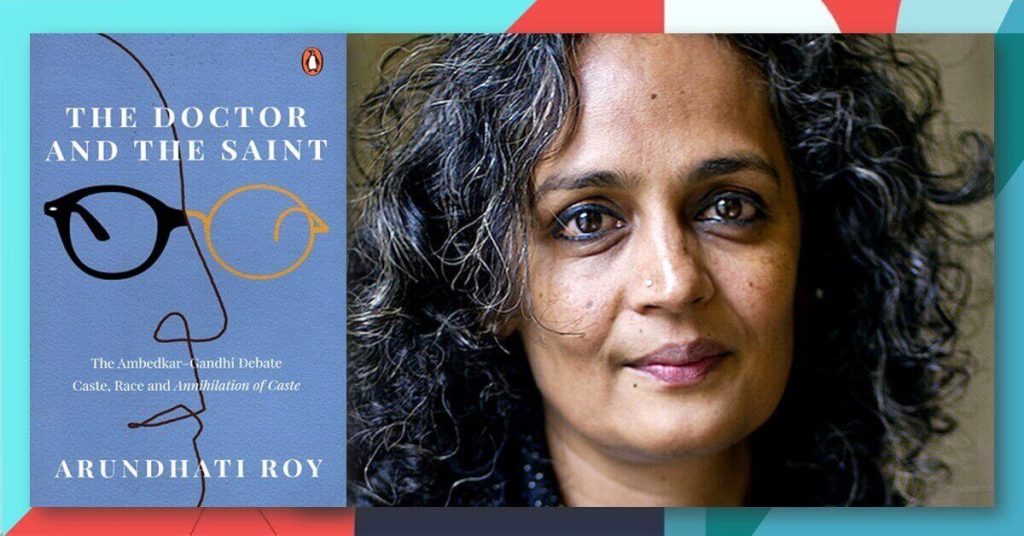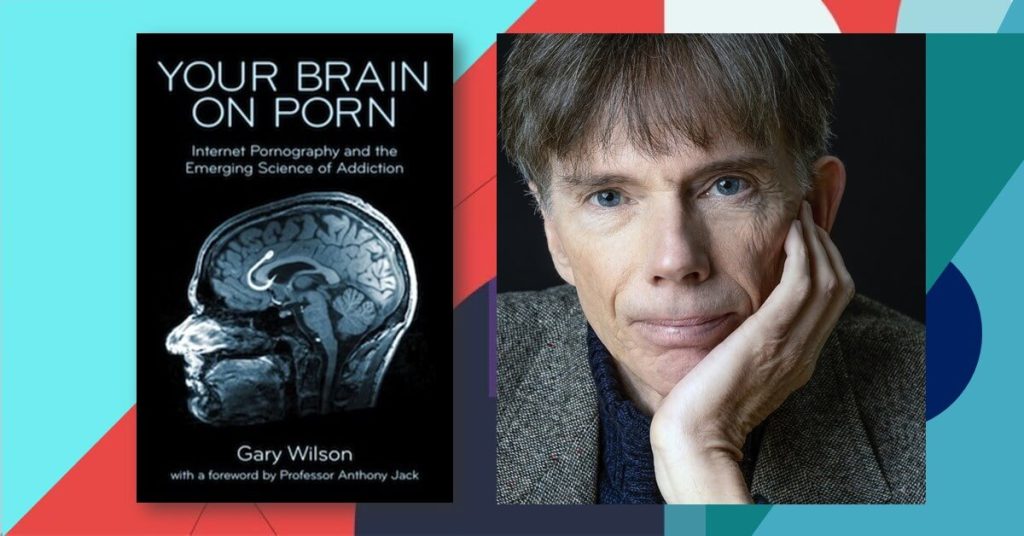In Women, the German-born American poet and novelist Charles Bukowski crafts a brutally candid and raw exploration of masculinity, relationships, and self-destruction through the eyes of his fictional alter ego, Henry Chinaski.
Published in 1978, this semi-autobiographical novel exposes the deep flaws and vulnerabilities of its protagonist while navigating the hedonistic landscape of Los Angeles. Bukowski writes with a disarming honesty, blending humor with despair in a narrative that eschews conventional morality.
As a reader, I found myself both repelled and captivated by Chinaski’s antics, his flaws laid bare in a manner that compels introspection. This review examines the novel’s structure, themes, and literary significance, weaving my reflections with direct quotations from the text.
Bukowski begins his novel with an unflinching self-portrait of Chinaski as a man who has resigned himself to solitude and indulgence. “I was 50 years old and hadn’t been to bed with a woman for four years,” Chinaski admits with clinical detachment.
This opening sets the stage for a journey through a series of chaotic, often toxic relationships. As much as the novel is about the women in Chinaski’s life, it’s equally about his grappling with creativity, alcoholism, and the haunting specter of aging.
Bukowski’s writing reflects the personality of his protagonist—unpolished, unrestrained, and deeply introspective. He chronicles Chinaski’s poetry readings, sexual encounters, and moments of drunken epiphany with a voice that oscillates between weary cynicism and tender vulnerability. Yet, beneath the bravado, there’s an undercurrent of yearning—a desire for connection and meaning amid the chaos.
Plot Overview
The novel follows Henry Chinaski’s tumultuous interactions with women, from fleeting flings to more enduring but deeply flawed relationships.
The narrative begins with his first encounter with Lydia Vance, a sculptress whose vitality and madness draw him in. Lydia’s vibrancy and volatility embody the recurring theme of women as both muses and destroyers in Chinaski’s life. Their relationship is marked by passion, jealousy, and physical confrontations.
Bukowski describes Lydia’s theatrical declaration, “I’M GOING TO BE GREAT! I’M GOING TO BE TRULY GREAT!”, as a reflection of her ambition and volatility.
Chinaski’s other romantic entanglements range from one-night stands to more complex dynamics, such as his interactions with Valerie, a married woman, and his brief affair with the younger, vivacious Dee Dee. Each relationship highlights a different facet of Chinaski’s psyche, whether it’s his fear of commitment, his attraction to chaos, or his underlying loneliness. Despite his cynicism, Chinaski’s interactions often reveal an aching vulnerability, as when he reflects on Lydia, “My gut began to twitch and roll. I felt ill, useless, sad. I was in love with her”.
The novel’s episodic structure mirrors Chinaski’s fragmented existence, with poetry readings and drunken escapades serving as the backdrop to his personal dramas. Bukowski’s vivid depictions of Los Angeles’ underbelly—dive bars, cheap motels, and eccentric characters—create a gritty, authentic atmosphere that grounds the narrative.
Literary Analysis
Bukowski’s prose is deceptively simple, characterized by short sentences and conversational language that belies its depth. His ability to capture complex emotions with stark clarity is one of the novel’s greatest strengths.
Chinaski’s musings on art and humanity, interspersed with crude humor and self-deprecation, lend the narrative a poignant authenticity. For instance, when describing his writing process, Chinaski states, “I drank a pint of whiskey and two six packs of beer each night while writing. I smoked cheap cigars and typed and drank and listened to classical music on the radio until dawn”. This glimpse into Chinaski’s creative rituals underscores the interplay between self-destruction and artistic expression.
Thematically, Women explores into the complexities of male-female relationships, exploring power dynamics, emotional dependency, and the interplay of attraction and repulsion.
Bukowski presents these themes with brutal honesty, refusing to idealize or vilify his characters. Lydia, for instance, is portrayed as both a source of inspiration and a catalyst for Chinaski’s unraveling. Their relationship oscillates between tender intimacy and destructive conflict, encapsulating the novel’s central tension.
At its core, Women is a meditation on loneliness and the human need for connection. Chinaski’s relationships are fraught with dysfunction, yet they provide fleeting moments of solace.
His declaration, “I was in love only once. She had died of acute alcoholism”, reveals the enduring scars of past loss and his struggle to reconcile his longing for love with his fear of vulnerability.
Key Lessons
The Duality of Women as Muses and Destructors
Throughout the novel, women are depicted as both sources of inspiration and chaos, embodying the duality of beauty and destruction.
Lydia, with her vibrant energy and volatility, encapsulates this paradox as she becomes both muse and tormentor for Chinaski. Similarly, Valerie’s allure and married status highlight his conflicting desires for intimacy and independence.
These women compel Chinaski to grapple with his insecurities and the raw complexities of human connection, forcing him to confront his fears of vulnerability while serving as catalysts for his art and personal reflection.
The Interplay of Art and Self-Destruction
Chinaski’s writing thrives amid his chaotic lifestyle, illustrating the paradox of creativity born from pain and turmoil. Bukowski’s unvarnished portrayal of the artist’s life offers a stark contrast to romanticized depictions of creativity.
His nocturnal routine of drinking and typing furiously underlines how art becomes both an escape and a form of self-flagellation. Bukowski’s unvarnished portrayal of the artist’s life—marked by visceral lows and occasional triumphs—stands in stark contrast to romanticized depictions of creativity, offering instead a vision where inspiration is drawn from the depths of despair.
This interplay not only sheds light on Chinaski’s flawed humanity but also challenges the reader to consider the cost of artistic brilliance.
Loneliness and the Search for Meaning
Beneath the bravado and cynicism lies a profound yearning for connection. Chinaski’s interactions, though flawed, reveal his struggle to find meaning in a transient, hedonistic existence.
Loneliness and the Search for Meaning
Beneath Chinaski’s bravado and cynicism lies an aching, unfulfilled yearning for connection. His hedonistic pursuits and transient relationships reveal a deeper struggle to construct meaning in an existence that often feels hollow. Indeed, finding meaning or creating one in life is one of the paramount struggles of humankind.
Despite his outward detachment, moments of introspection and vulnerability punctuate his narrative, such as when he admits to being haunted by the death of his one true love or when fleeting tenderness breaks through his gruff exterior.
Bukowski’s portrayal of Chinaski’s loneliness resonates as a universal human experience, emphasizing the conflict between our desire for intimacy and the walls we build to protect ourselves from pain.
A Portrait of Masculinity in Crisis
Chinaski’s journey is as much a critique of traditional masculinity as it is a personal journey. His bravado, excessive drinking, and sexual exploits often mask a deeper fragility, painting a portrait of a man grappling with societal expectations and his own sense of inadequacy. Bukowski forces readers to question what it means to be strong, vulnerable, and human.
The Unvarnished Reality of Urban Life
Bukowski’s depiction of Los Angeles’ underbelly serves as a character in itself.
Through its dive bars, cheap motels, and gritty streets, the city mirrors Chinaski’s internal chaos and serves as a stage for the novel’s dramas. This vivid setting enhances the narrative’s raw authenticity, offering a stark contrast to idealized depictions of urban life.
His hedonistic pursuits and transient relationships reveal a deeper struggle to construct meaning in an existence that often feels hollow. Despite his outward detachment, moments of introspection and vulnerability punctuate his narrative, such as when he admits to being haunted by the death of his one true love or when fleeting tenderness breaks through his gruff exterior.
Bukowski’s portrayal of Chinaski’s loneliness resonates as a universal human experience, emphasizing the conflict between our desire for intimacy and the walls we build to protect ourselves from pain.
Conclusion
Women is a deeply personal and provocative work that defies conventional notions of morality and romance.
Bukowski’s unflinching honesty and keen observations of human nature make this novel a compelling exploration of love, art, and self-destruction. While Chinaski’s actions often elicit discomfort, they also invite empathy, challenging readers to confront their own biases and vulnerabilities.
For all its flaws, Women is a demonstration of Bukowski’s ability to capture the raw, unfiltered essence of the human experience.






